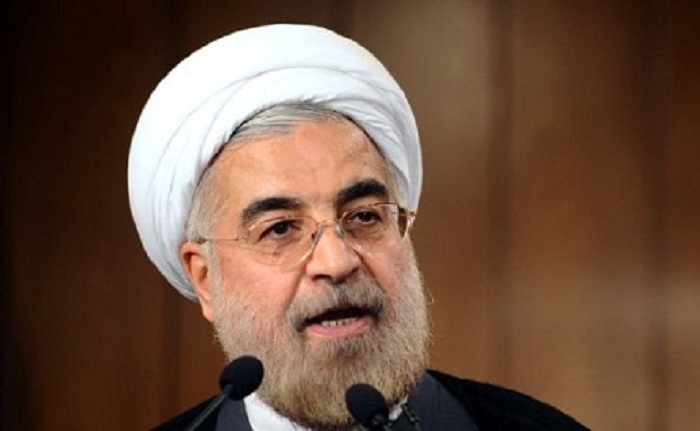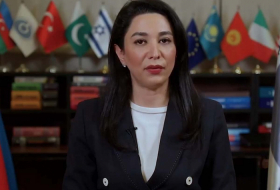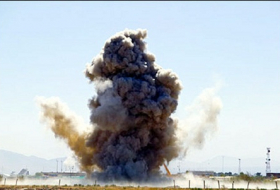First Iran poll results show seats split among rivals

A political moderate, Rouhani is hoping his alliance with reformists, called The List of Hope, can curtail conservative dominance of parliament, improving his chances of passing social and political reforms.
Early results, published by the semi-official ISNA news agency quoting electoral officials, suggested no one faction would win a majority.
Out of 27 constituencies -- less than 10 percent of the total -- eight went to conservatives, four to reformists and eight to independents, with others set to go to a second round because no candidate won 25 percent of the vote.
The high number of independent winners could suggest a partial shift away from Iran`s sharply factional politics towards the middle ground.
If that trend continues when more seats are declared it may be because voters reacted to the high number of reformist candidates who were not allowed to compete in the elections, a reform-minded analyst said.
"They may have been more inclined to vote for people they know rather than for candidates strictly identified as conservatives or something else on a list," Saeed Laylaz told AFP.
33 million voted
Based on unconfirmed reports, he predicted a strong showing for the List of Hope, comprising moderates and reformists.
"What is for sure is that there will be less conservatives from the hard right in the next parliament. It won`t be easy for them," Laylaz said.
Around 60 percent of voters cast ballots -- 33 million out of 55 million eligible voters -- the interior ministry said. Polling stations were kept open late Friday to allow millions of latecomers to participate.
As well as electing 290 MPs the electorate was voting for a new Assembly of Experts -- a powerful 88-member committee that monitors the work of the country`s ultimate authority, supreme leader Ayatollah Ali Khamenei.
There were no results for the Assembly of Experts election by Saturday afternoon.
While lawmakers serve for four years members of the assembly are given twice as long. If Khamenei, who is 76, were to die during the next assembly`s term they would appoint his successor.
Final results of both elections must be confirmed by the conservative-dominated Guardian Council -- charged with monitoring the vote -- and are not expected for several days.
Khamenei was among the first to vote on Friday and he urged the entire electorate to follow suit, saying casting a ballot is "both a duty and a right".
Economic woes remain
Participation in parliamentary elections four years ago was 64 percent nationwide and 48 percent in Tehran.
If turnout proves no higher than in 2012 but the parliamentary election produces a radically different result it could be because different parts of the electorate voted this time around.
Many moderate voters stayed away in 2012 in protest at the re-election three years earlier of hardline president Mahmoud Ahmadinejad. If they voted on Friday it would probably be to Rouhani`s advantage.
Known as the "diplomat sheikh" because of his clerical credentials and willingness to negotiate, the president was the driving force behind the nuclear deal, which he delivered despite political pressure at home.
The agreement with powers led by the United States, the Islamic republic`s bete noire, raised hopes of recovery in Iran. But although the economy exited a deep recession in 2014-2015, growth has stagnated in the past year.
The run-up to polling day was largely overshadowed by controversies over who was allowed to stand. Thousands of candidates were excluded.
Reformists said they were worst hit, with the barring of their most prominent faces leaving them with untested hopefuls.
A total of 4,844 candidates, about 10 percent of whom are women, stood in the parliamentary election. Only 159 clerics -- a fifth of the applicants before vetting -- were vying for the Assembly of Experts.














































